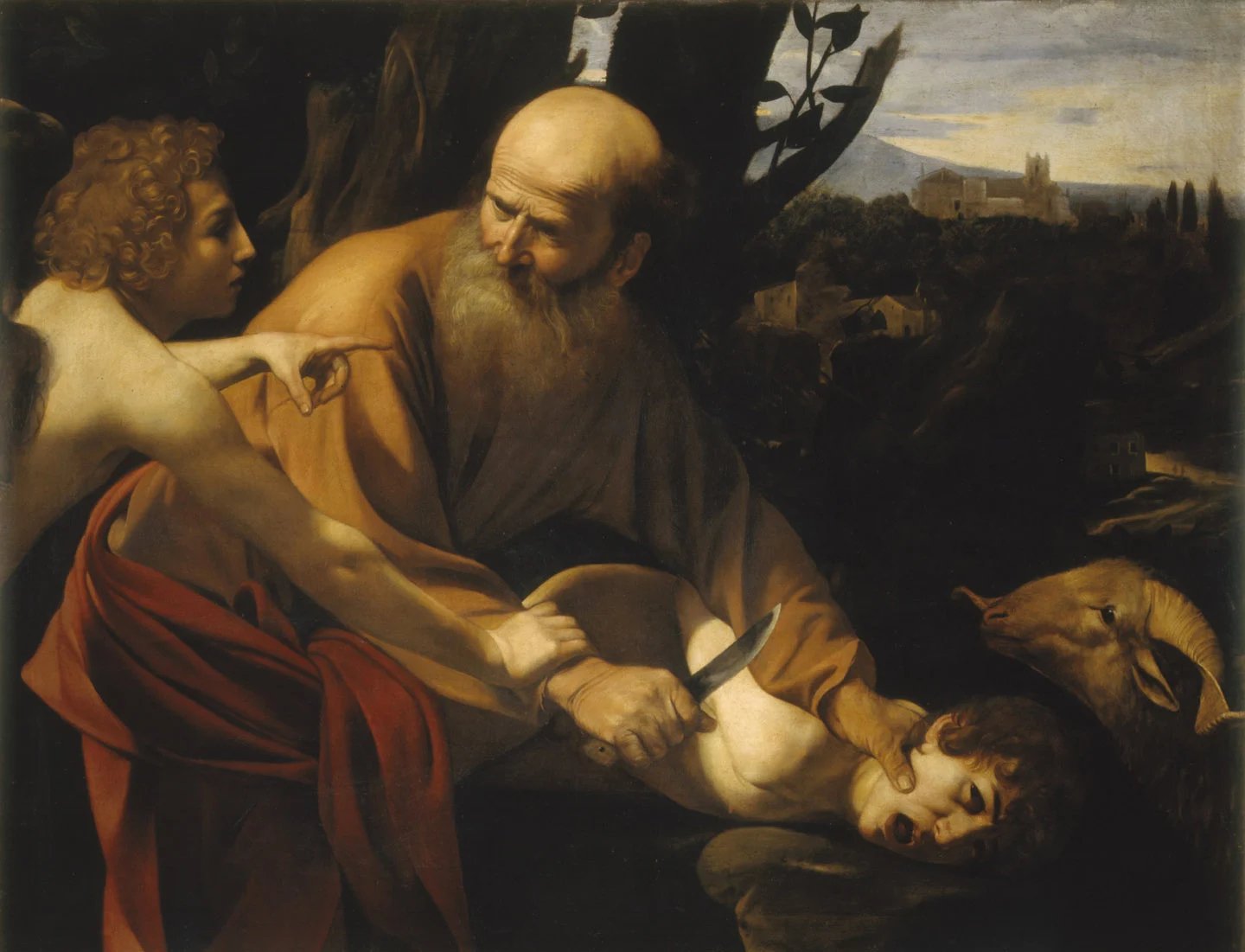There has never been, and can never be, a state of affairs that is “pre-political.” As such, there will always be a set of rulers who will–ten times out of ten–intervene in the business of resource allocation (Mosca, Pareto)
The will of the stock market reflects neither the needs and wants of consumers nor the allocations of resources that reflect the underlying fundamental performances of the companies represented by equities.
The “public company” created by the IPO is a product of law, not of free-market transactions, and is therefore a function of the state. The private-public distinction is lost as soon as this takes place. (C.A. Bond)
Mass shareholders lose functional control over companies to the managerial class according to the Iron law of Oligarchy (“he who says organisation says oligarchy”–Michels) who no longer run it "for profit" but rather for the expansion of managerial power. (Burnham)
To compound this, limited liability laws remove accountability or “material feedback” for managers and employees of every large firm.
In addition, massive asset management firms (Blackrock, Vanguard, State Street) are now so large that they can dictate the market for any given share through effective control of institutional investors across every sector and indirect control through the “waves and ripples” any movement they make will create for the rest of the market.
Through these mechanisms and even attempts to formalise them (ESG), managers can inflate stocks for bogus companies who create zero real value (think: the entire green sector grift); 87% of Silicon Valley firms never see a profit yet their share prices have been greatly inflated for over a decade. It is driven by ideology, not “what customers want.”
On top of this, managers-in-government (see Fed, Central Banks) can work with managers-in-finance (see Blackrock, Vanguard) to topple any rogue CEO (see current Tesla stock price) or even any rogue government (see Bank of England & market vs. Liz Truss),
The Iron Law of Oligarchy extends also to the consumer level. It is not the consumers who are “sovereign,” but the purchasing managers of a supermarket who dictate which good see the shelves and which do not. Even if there were massive market demand for, say, Alex Jones, the Apple “supermarket” is not going to allow it on the shelf; it is the same with any consumer good.
Consumers are effectively trained as cattle into long-term purchasing habits that are nearly perfectly predictable by companies who produce those goods. Most markets have a market leader with 70% share (a “Coke”), a number 2 brand with 29% share (a “Pepsi”), and then the rest of the market which makes up the other 1%.
Even if consumers were not cattle, but perfectly rational actors, most of the leading firms are now so big that they are impossible to boycott, P&G is the best recent example following the Gillette ad which lost $8 billion and the CEO was not even fired, said he'd “do it again.” P&G can eat that up (“Go Woke, Go Broke” is cope!)
Economies of scale grant market leaders leverage which extends the Iron Law of Oligarchy up and down the supply chain. Tesco or Salnsbury's have such leverage over farmers that they dictate the wholesale prices of goods. Ford Motor Company is so big it is the only customer for many of its suppliers, and could bankrupt them in days if they did not accept their terms. No supermarket wants Coca-Cola pulling out of its stores, etc.
